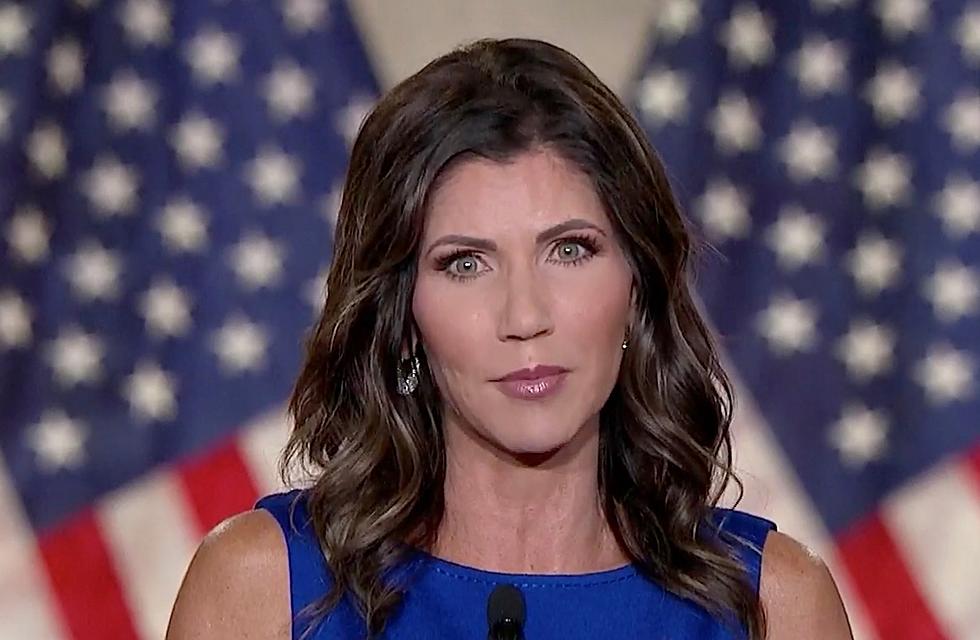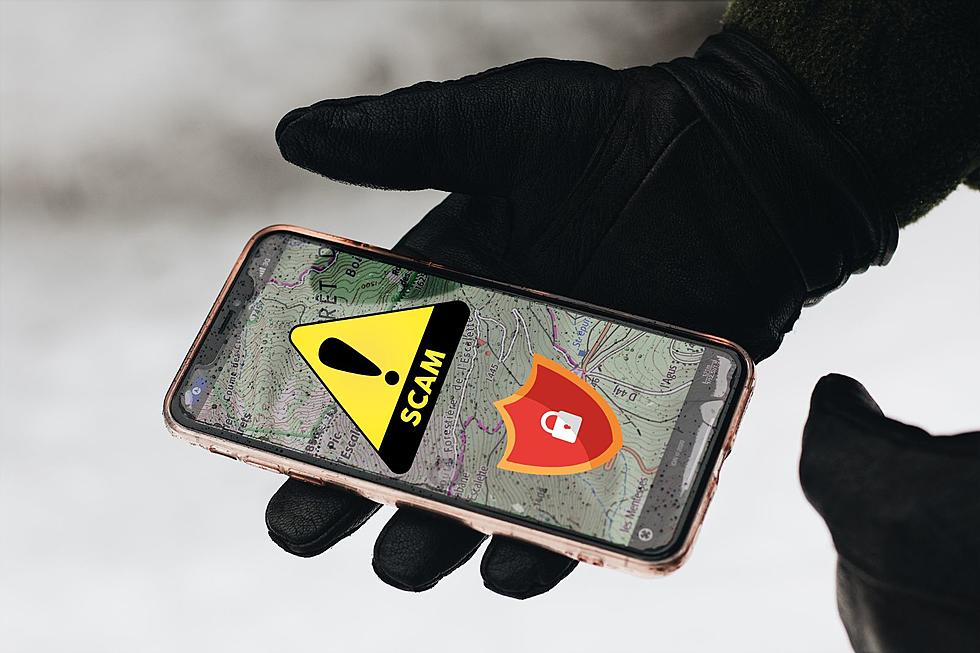
South Dakota Governor Kristi Noem Calls CNN COVID Story ‘Political Hit Job’
South Dakota Governor Kristi Noem is pushing back against a national story that claims the Rapid City area is seeing a surge in COVID-19 cases.
As part of CNN's report 'Omicron May Be on the Decline, but This South Dakota Hospital Is Still Feeling Its Peak', reporter Gary Tuchman says Pennington County has the highest number of active COVID cases in South Dakota (3,744), accounting for nearly a third of the positive weekly tests reported statewide.
The story quotes Dr. Shankar Kurra, Rapid City's Monument Health Hospital vice president of medical affairs:
'We are seeing a rise in the range of 60% in cases here in hospitalizations at Monument Health and that is worrying. This is a trend that is a warning to us; a dire warning that we could be at capacities we never imagined.'

Wednesday (February 9) afternoon, Governor Noem issued a statement objecting to the information in the CNN report:
'South Dakotans deserve the facts so that they can make the best decisions for themselves and their loved-ones. Unfortunately, CNN’s claims about COVID-19 in Pennington County were not factual. This political hit job ignored the mountains of factual data that we sent to them. We are demanding a correction.'
The Governor's press release also quotes Robin Zebroski, Vice President of Strategic Marketing and Communications at Monument Health:
'A six-hour visit by CNN was summarized inaccurately in the story referenced. The quotes pulled were taken out of context to support a narrative that simply is not true.'
According to Zebroski, COVID-19 hospitalizations in Pennington County peaked three weeks ago (January 18) and have declined by 32% since.
The Governor's office says they and the state Department of Health provided CNN with data for the story, but claim it was ignored.
Also Wednesday, the South Dakota Department of Health reported 670 new confirmed COVID-19 cases in the state with nine new deaths.
That brings the total number of cases in the state to 232,046, with 2,706 deaths.
Answers to 25 common COVID-19 vaccine questions
KEEP READING: See 25 natural ways to boost your immune system
Goosebumps and other bodily reactions, explained
More From KYBB-FM / B102.7
![The Odd Lost and Found of the Buffalo Chip in Sturgis, South Dakota [PHOTOS]](http://townsquare.media/site/486/files/2022/08/attachment-Copy-of-Copy-of-Copy-of-Standard-1600x1067-49.jpg?w=980&q=75)








